All We Thought We Knew
$17.99
She was so sure she knew her family’s story . . . Now she wonders if she was wrong about all of it.
1969. When Mattie Taylor’s twin brother was killed in Vietnam, she lost her best friend and the only person who really understood her. Now, news that her mother is dying sends Mattie back home, despite blaming her father for Mark’s death. Mama’s last wish is that Mattie would read some old letters stored in a trunk, from people Mattie doesn’t even know. Mama insists they hold the answers Mattie is looking for.
1942. Ava Delaney is picking up the pieces of her life following her husband’s death at Pearl Harbor. Living with her mother-in-law on a secluded farm in Tennessee is far different than the life Ava imagined when she married only a few short months ago. Desperate to get out of the house, Ava seeks work at a nearby military base, where she soon discovers the American government is housing Germans who they have classified as enemy aliens. As Ava works to process legal documents for the military, she crosses paths with Gunther Schneider, a German who is helping care for wounded soldiers. Ava questions why a man as gentle and kind as Gunther should be forced to live in the internment camp, and as they become friends, her sense of the injustice grows . . . as do her feelings for him. Faced with the possibility of losing Gunther, Ava must choose whether loving someone deemed the enemy is a risk worth taking, even if it means being ostracized by all those around her.
In the midst of pain and loss two women must come face-to-face with their own assumptions about what they thought they knew about themselves and others. What they discover will lead to a far greater appreciation of their own legacies and the love of those dearest to them.
*Includes discussion guide for book groups
*Standalone Southern, historical family drama about enduring hope amid personal tragedy
*Clean, suspenseful historical fiction, perfect for fans of Susan Meissner or Lisa Wingate
*Dual timeline set during the Vietnam War and WWII.
in stock within 3-5 days of online purchase
SKU (ISBN): 9781496484178
ISBN10: 1496484177
Michelle Shocklee
Binding: Trade Paper
Published: October 2024
Publisher: Tyndale House Publishers
Related products
-
And The Two Became One Journal
$16.50HARDCOVER, COPTIC BOUND JOURNAL: Allows book to lay completely open when flat for ease of use
192-LINED PAGES: Journal measures 6.5 x 8.5 x 0.75-inches
BECOME ONE: White with gold foil print; reads “And the two shall become one”
INCLUDES 8 ALTERNATING PHRASES: Each page has a different message about marriage, relationships and love
Add to cartin stock within 3-5 days of online purchase
-
Bargain For Frances Level 2
$3.99Frances and Thelma are friends — most of the time
Thelma always seems to get Frances into trouble. When she tricks Frances into buying her tea set, it’s the last straw. Can Frances show her that it’s better to lose a bargain than lose a friend?
Add to cart2 in stock
-
-
Mere Christianity
$17.99Arguably the 20th century’s most influential Christian writer, C.S. Lewis sought to explain and defend the beliefs that nearly all Christians at all times hold in common. His simple yet deeply profound classic, originally delivered as a series of radio broadcasts, is a book to be thoroughly digested by believers and generously shared with skeptics. Paperback with French f laps and deckled page edges.
Add to cart1 in stock (additional units can be purchased)

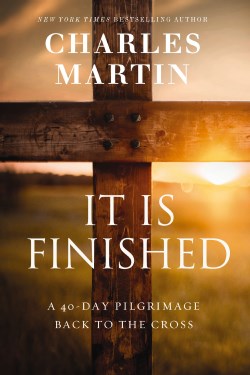
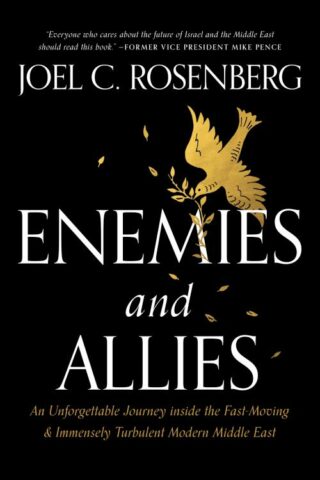

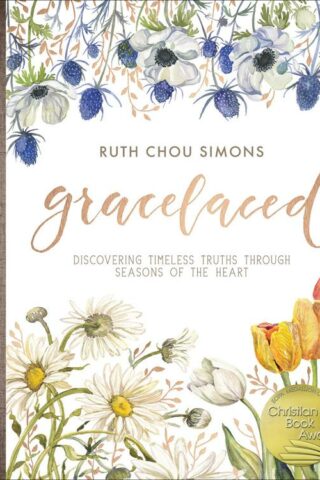


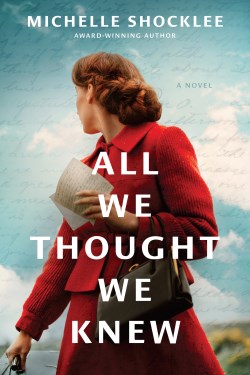

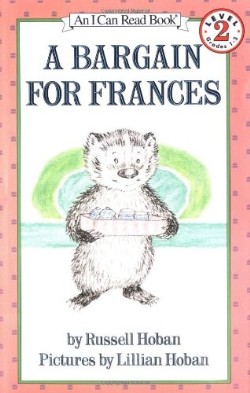
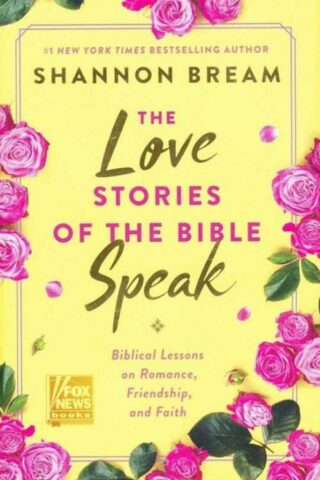
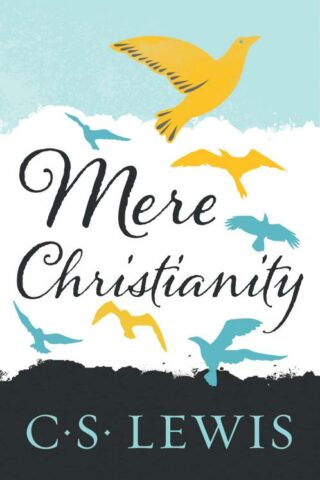
Reviews
There are no reviews yet.